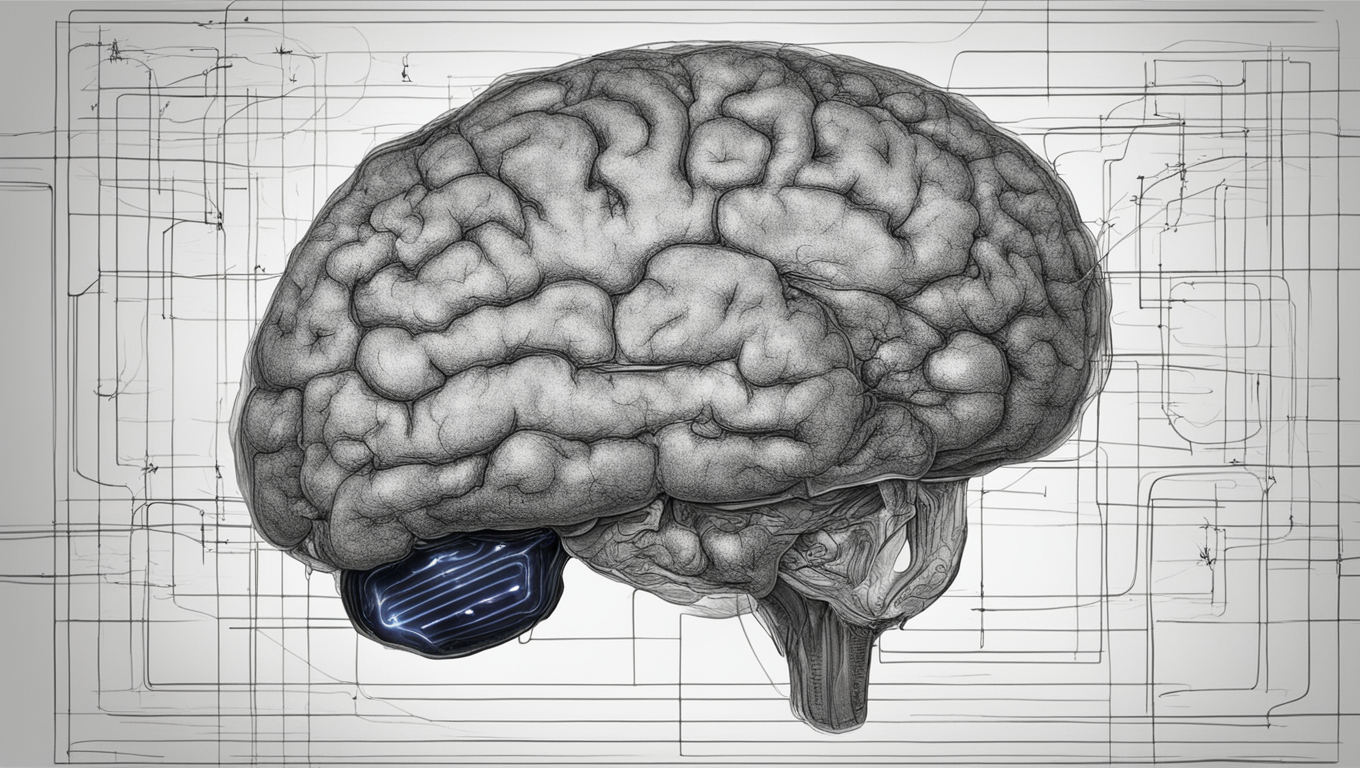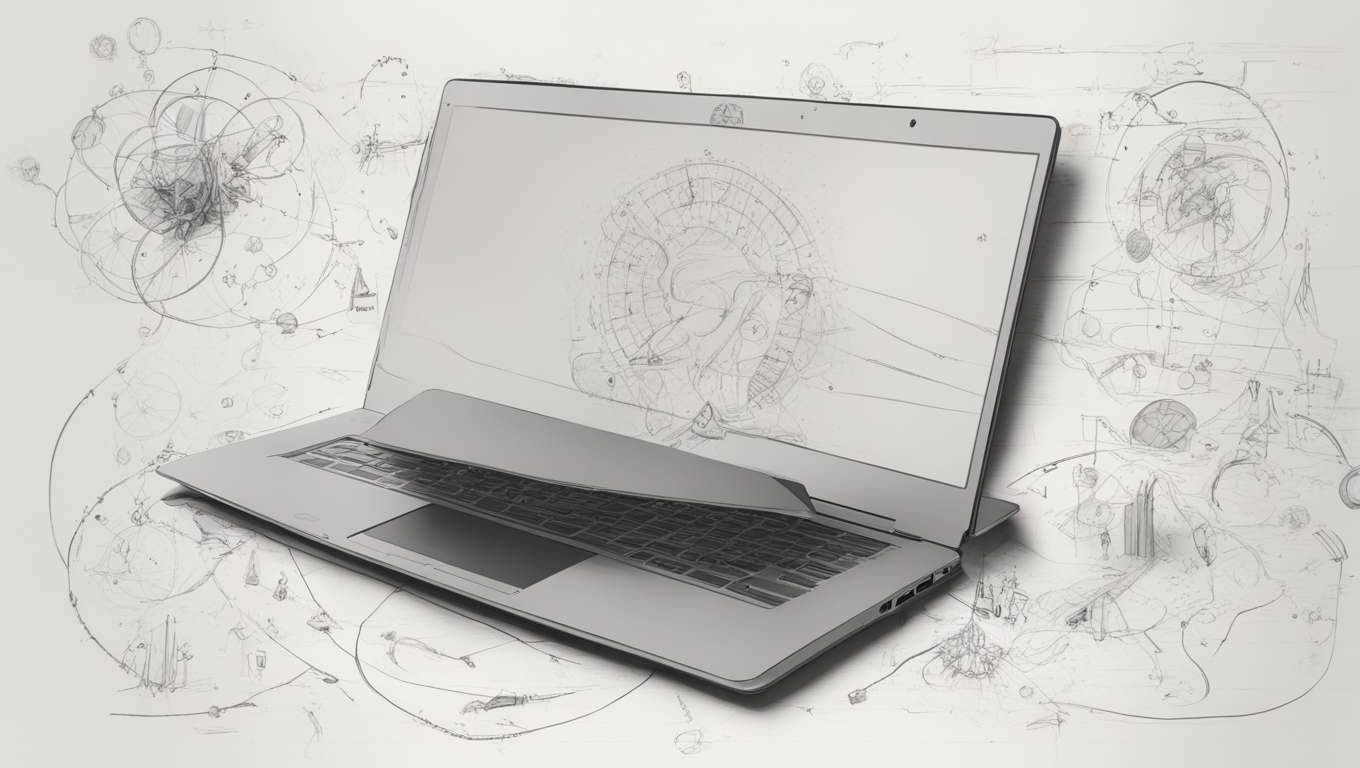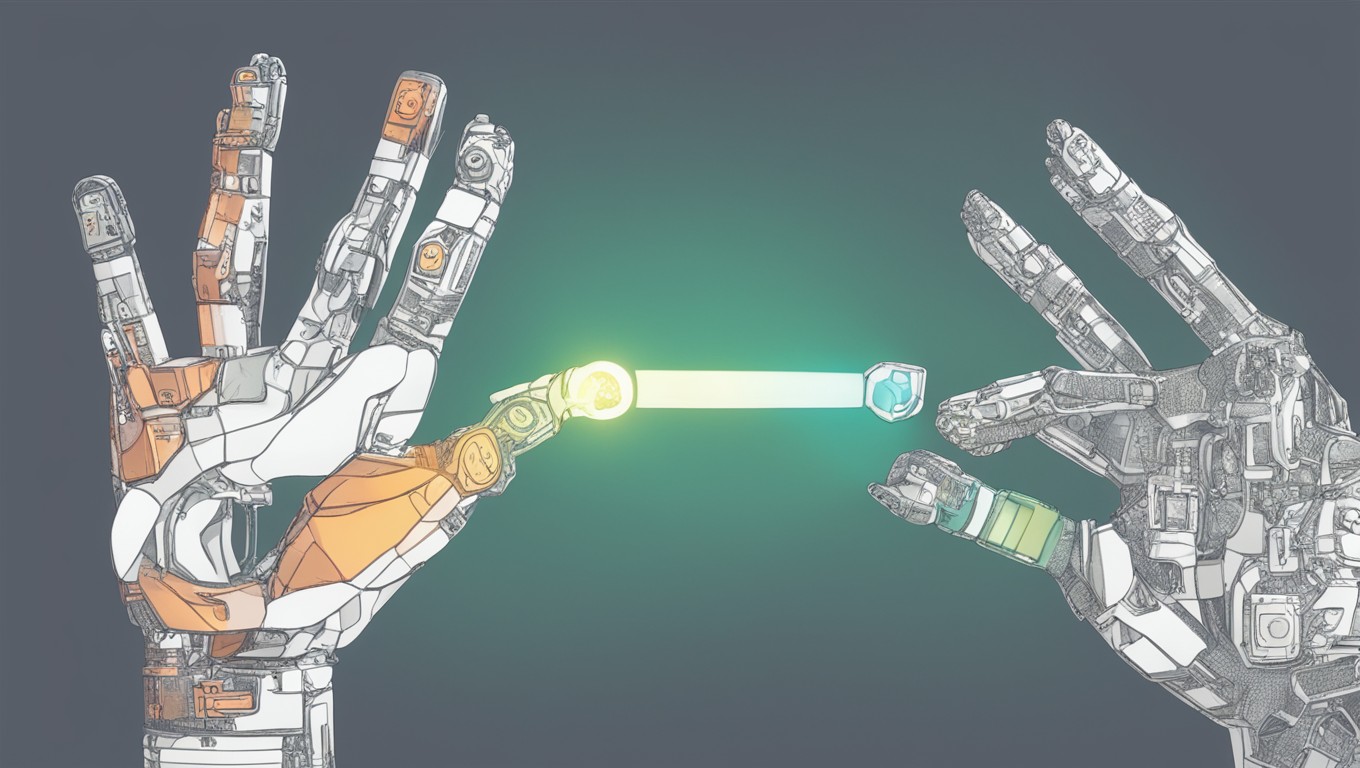Google has successfully settled a patent infringement lawsuit involving the chips used in its artificial intelligence technology. The lawsuit, filed by Singular Computing, accused Google of misusing its computer-processing innovations and sought damages amounting to $1.67 billion.
The settlement was reached in a Massachusetts federal court, just as closing arguments were scheduled to begin in the trial. While the exact details of the settlement have not been disclosed, both Google and Singular have confirmed the resolution.
This lawsuit sheds light on the growing importance of AI technology and the race to develop advanced hardware to power it. With companies like Google at the forefront of AI research, they are constantly pushing the boundaries of what is possible. As a result, intellectual property tensions can arise, as evidenced by this case.
Both Google and Singular have long been involved in the development of AI chip technology. Google’s AI initiatives, such as its DeepMind project, require sophisticated hardware to process complex tasks efficiently. Similarly, Singular Computing has made significant advancements in computer-processing innovations, particularly in the context of AI.
The settlement brings an end to what could have been a lengthy and costly legal battle for both parties. However, it is not uncommon for large tech companies to face patent infringement lawsuits. These companies invest heavily in research and development and are bound to overlap in certain areas. Patent disputes are often the result of this overlap, and settlements like this help avoid prolonged litigation.
While it is unclear how much Google had to pay in damages, it is clear that the outcome of this lawsuit will not significantly impact the company’s operations. Google has deep pockets and can absorb such expenses. Furthermore, the settlement allows the company to focus on its ongoing AI research and development, which remains a key priority for Google.
As the race for AI dominance continues, the need for open collaboration and protection of intellectual property becomes increasingly important. Companies must strike a balance between advancing technology and respecting the rights of innovators. With the settlement of this lawsuit, Google and Singular Computing can both move forward and continue to contribute to the exciting advancements in the field of AI.
In the words of a Google representative, “We are pleased to have resolved this matter and will continue our commitment to advancing AI technology while respecting intellectual property rights.” This sentiment reinforces the idea that innovation and collaboration are essential to driving progress in the field of artificial intelligence.





Use the share button below if you liked it.